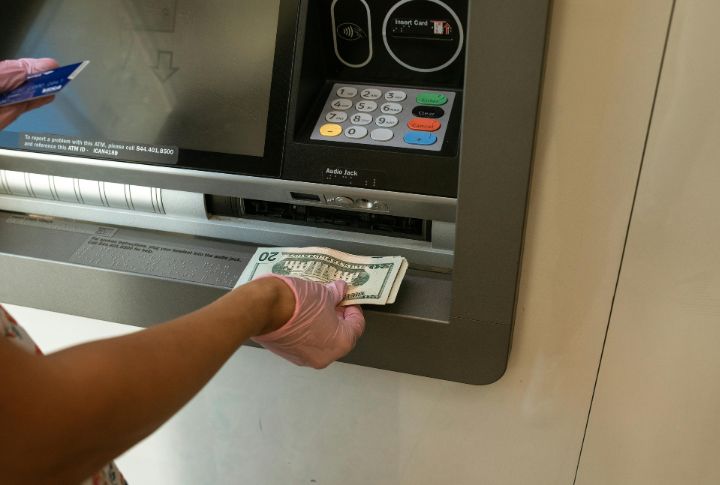
Inheriting assets should bring comfort, not confusion. Yet many beneficiaries face uncertainty about whether their inheritance is being properly managed. Subtle warning signs often emerge when executors or trustees aren’t fulfilling their responsibilities appropriately. Here are 10 key indicators that your inheritance may be at risk, and learn how to spot the red flags before it’s too late
Unexplained Changes To A Will Or Trust

Inheritance documents altered late in life should always be investigated. Substantial revisions to wills or trusts may reveal outside interference. The presence of competing versions after someone’s passing is also highly problematic. Probate discoveries that appear out of place usually point to alterations needing review.
Exertion Of Undue Influence

Property disputes often arise from undue influence, where opportunistic individuals target vulnerable individuals near the end of their lives. These manipulators frequently isolate seniors from their families while building trust. Caregivers and new friends who suddenly appear are common culprits in inheritance manipulation cases.
Family Members Or Caregivers With Unusual Access

When a relative or caregiver suddenly shows too much interest in wills and paperwork, it’s a red flag. Helping out is normal, but sneaking peeks at documents or controlling accounts is not. If boundaries blur, it might be time for a closer look at what’s really happening.
Sudden Gifts Or Loans

A responsible executor never gives away residence assets without proper documentation. Red flags include unexplained loans, gifts to associates at suspiciously low prices, or sales below market value. These actions indicate someone is taking advantage of their position to benefit personally.
Missing Or Relocated Assets

Estate property disappearing or being relocated without explanation is a clear red flag. Executors are tasked with safeguarding all assets under their care. Sadly, certain people purposely withhold inheritance items from beneficiaries and allow insurance coverage to lapse, which highlights careless or improper oversight.
Limited Access And Isolation To Your Loved One

Family members who limit access to elderly relatives may have ulterior motives regarding inheritance. This isolation tactic can enable manipulation of estate planning decisions. The best defense against undue influence is maintaining regular contact between adult children and their aging parents through consistent care and communication.
Unusual Financial Activity

Strange bank activity in holding accounts needs investigation. Representatives who sell assets cheaply to friends or make unexplained transfers may be breaching their responsibilities. Legal rules demand that they manage inheritance assets honestly and safeguard their value for beneficiaries.
Lack Of Transparency

Professional executors maintain open lines of communication with beneficiaries. After all, clear updates about property management prevent conflicts and build trust. So, any resistance to sharing information or delayed responses to inquiries could indicate mishandling of assets. Beneficiaries should document all instances of poor communication.
Discrepancies In Estate Planning Documents

Estate planning documents require thorough examination for potential mishandling. Inconsistent details between document versions, absent signatures, and unclear directives can signal inheritance theft. Heirs should pay close attention to these warning signs, as they usually form the basis for challenging a will’s validity.
“Surprise” Debts

The sudden appearance of mysterious debts after a loved one’s death should raise immediate concerns. Executors who claim unfamiliar creditors or present questionable bills may be attempting to divert estate funds. These surprise obligations, especially to unknown parties, often serve as a smokescreen for inheritance theft or mismanagement.
